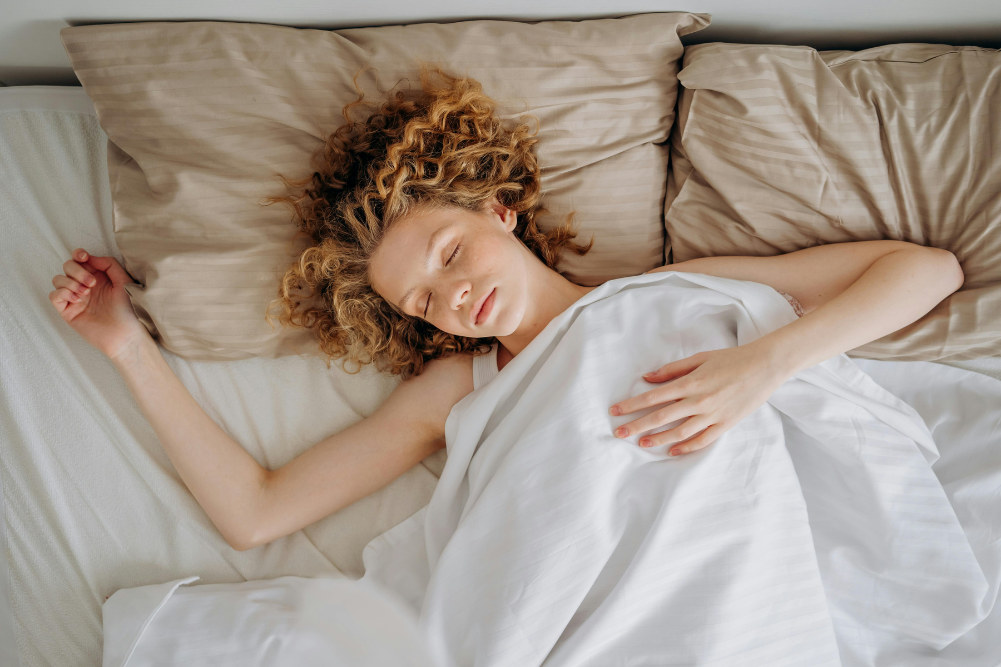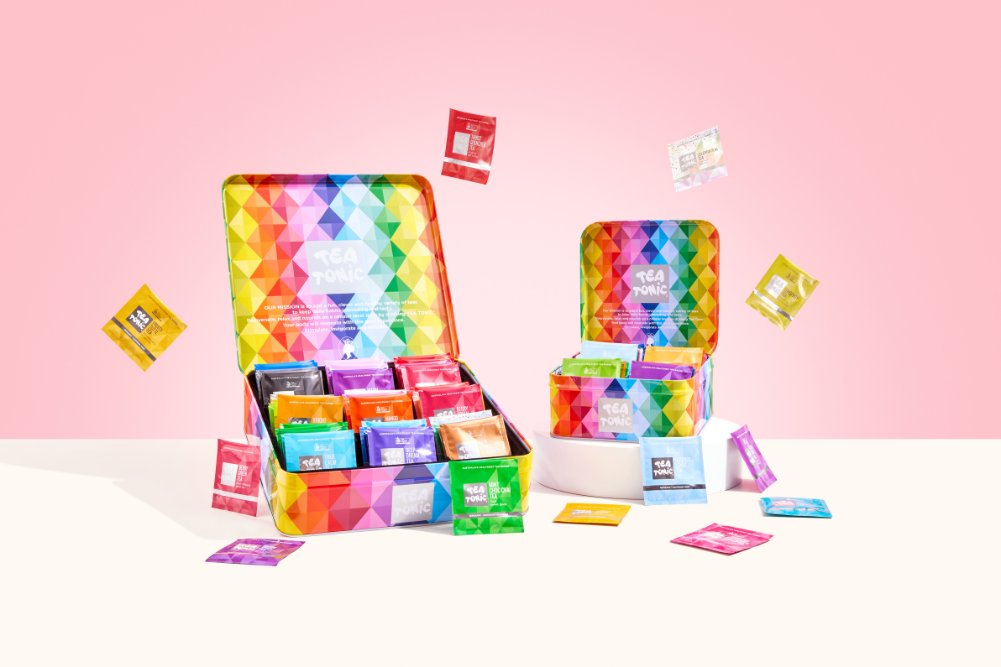Alcohol and oral health
In these blogs, I often talk about the link between lifestyle choices and habits and oral health. Booze is an almost everyday part of life in Australia. A ‘cold one’ just seems to ‘sit’ well with the barbecue on a hot summers day and is almost as iconic as our surf, our weather and our relaxed way of life. Not that there’s anything wrong with an occasional drop: alcohol has even been shown to decrease the risk of cardiovascular disease when used in small quantities. When it comes to oral health, however, the effects of alcohol are mostly negative and professional wine tasters are very familiar with these.
Recently, some of my friends took part in “Dry July”, a fundraising initiative aimed at helping and supporting adult cancer patients. I think this initiative really is a fantastic way to raise all-important funds for a great cause, but it is also a great reminder of the link between alcohol and cancer.
Alcohol abuse (more than 21 standard drinks in one week) is a known risk factor associated with oral cancer, second only to tobacco use. In fact, when used together, alcohol and tobacco increase an individual’s risk of oral cancer to 15 times that of the non-smoking, non-drinking individuals. Alcohol dehydrates the cells in the tissues of the mouth, allowing carcinogens from tobacco to affect them.
Alcohol causes dehydration and a dry mouth. When used occasionally, this may not be a big problem, however, when used regularly and in large amounts, alcohol can cause the major salivary glands just in front of our ears (parotid glands) to swell up and reduce the amount of saliva they produce. This causes a chronic dry mouth, which in turn allows tooth decay causing bacteria to thrive. It also allows acidic drinks such as wine to severely erode teeth. This erosion wears teeth, discolors them and makes them sensitive to cold and hot.
Some alcoholic drinks contain more carbohydrate than others (e.g sweet liquor and beer), so drinking these in excess, combined with the drying effect of alcohol, can also contribute to tooth decay.
Alcohol abuse and binge drinking are also responsible for a large number of injuries, especially in younger people- from accidental injuries and chipped teeth to significant trauma to the face, jaws and teeth.
Most people understand that alcohol should only be consumed in moderation. When the occasion calls for it, you can enjoy your alcohol responsibly and not worry that your oral Health will suffer, by following some simple tips:
-
Always drink plenty of water in-between sips of alcohol- this will help with the hangover as well as the acidity and dehydration, preventing erosion and sensitivity.
-
Chew sugar-free gum intermittently through the night- this will improve your saliva flow and protect your teeth from erosion and sugar attack.
-
If you are up to it, rinse your mouth with a home-made neutralizing bi-carb soda mouthwash (you may want to prepare this before you go out- a teaspoon of mixed with a glass of water) before brushing your teeth. This will neutralize the acids and prevent toothbrush-abrasion of already softened enamel.
-
If you are a professional taster of alcoholic drinks, you must make sure that you see your dentist and hygienist regularly. You should also speak to your dentist about what would be the best preventative regime for you. It is often a good idea to use higher-strength Fluoride toothpaste and Calcium-rich toothmousse twice daily.
-
You probably don’t want to wear a helmet or a mouthguard every time you go out for a few beers, so if you find yourself ‘prone to injury’ when you drink, you should probably speak to someone about this before you end up with missing teeth, or worse. A good place to start may be the Australian Drug Foundation website.








